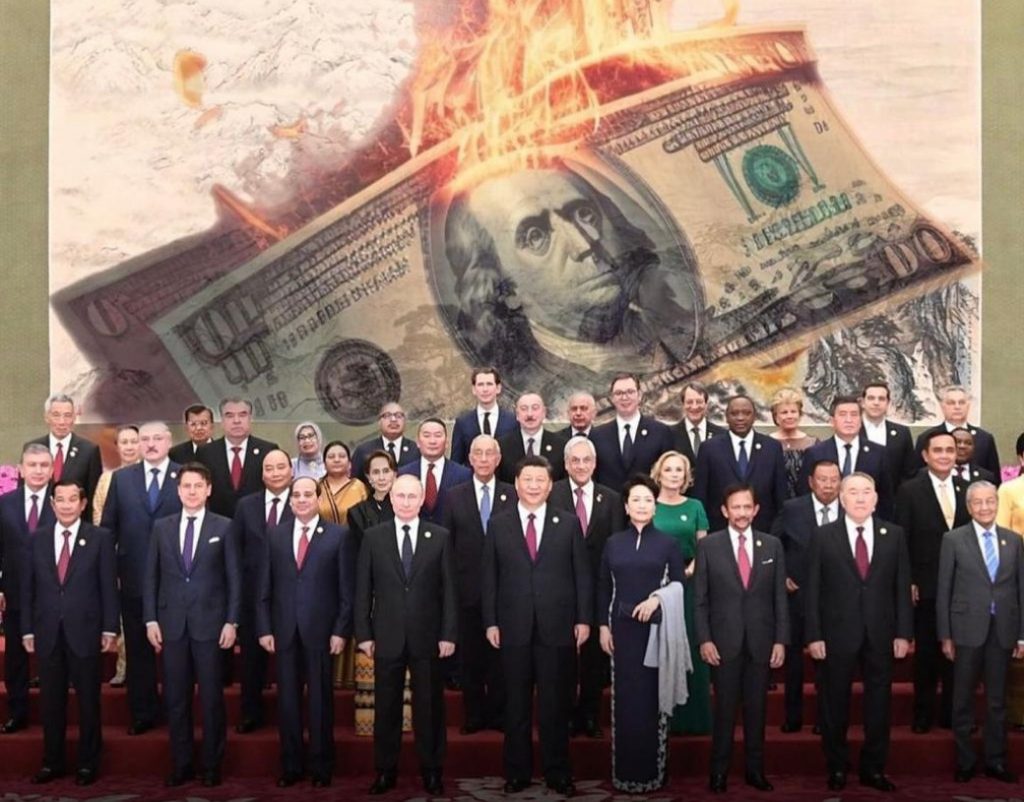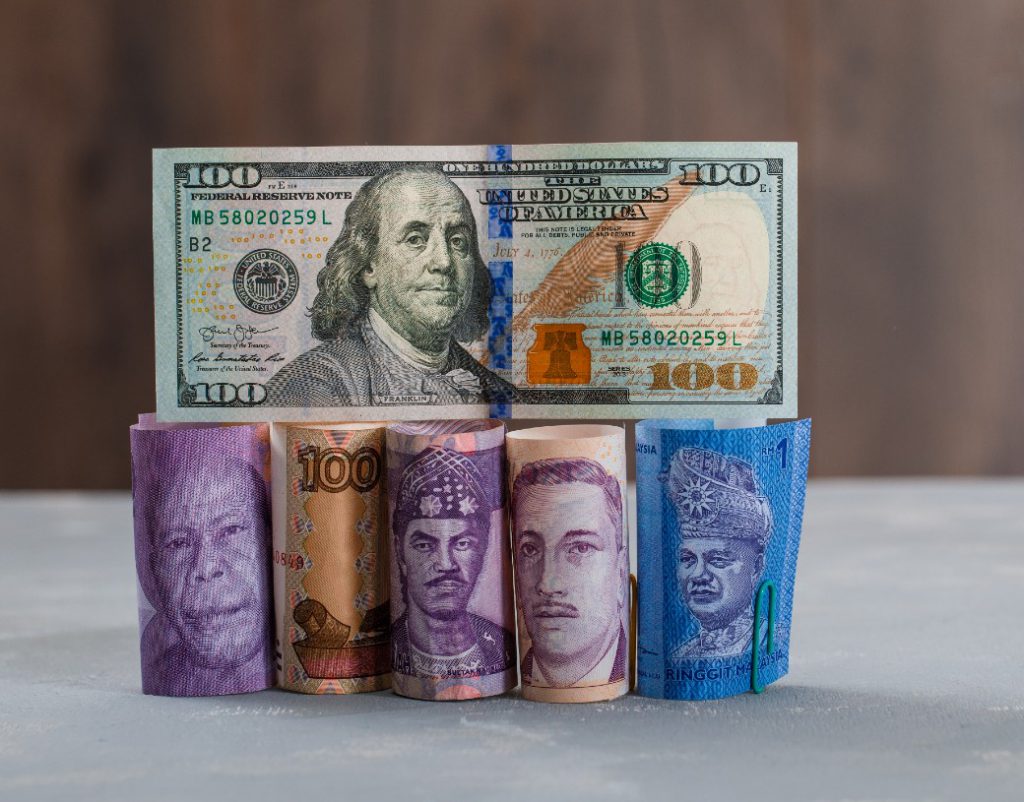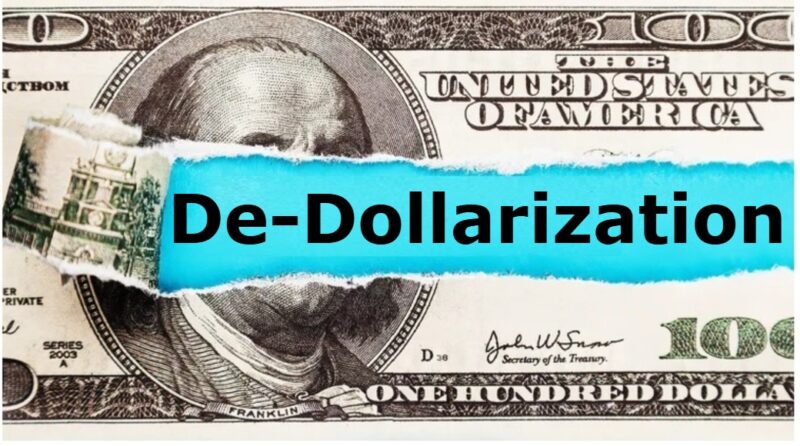For the first time since Bretton Woods, a coalition of major economies is trying to unseat the US dollar’s dominance, not through confrontation, but through cooperation. The US dollar has been the most dominant reserve currency in global trade and finance since World War II. But today, a 10-member BRICS bloc is looking to uproot the US dollar’s dominance through de-dollarization.
While the BRICS initiative of de-dollarization has gained momentum, how far can the alliance take the agenda forward? In this article, we will explore the limitations of the multipolar world idea. Creating parallel financial systems is easy, but maintaining them without affecting their economic growth is a challenge.
Also Read: BRICS Gold Currency Shift Highlights Strategic Moves in Global Trade
De-Dollarization Agenda: How Far Can BRICS Take It?


The BRICS alliance has already put the spotlight on the de-dollarization agenda on the global financial stage. This includes:
- Settling trade payments in local currencies.
- Rewriting trade deals to benefit both parties and not rely on the US dollar.
- The New Development Bank (NDB) is issuing bonds in local currencies.
- NDB is disbursing loans in local currencies.
- Initiating currency swaps to reduce US dollar dependence.
- Creating alternative payment options such as CIPS (China), SPFS (Russia), and UPI (India), among others.
- Talks of a BRICS currency is brewing but is yet to see the light.
- Central banks of BRICS countries have been accumulating gold and diversifying their reserves.
So What Next? Can It Go Further?


While the base of the de-dollarization agenda formed by BRICS is strong, the structure remains weak. The weakness comes from their inability to come together and break political barriers. India and China’s geopolitical agendas don’t align and flare up every year. The relationship between the UAE and Iran is complex, with a long-standing friction over three Persian Gulf islands.
Circling back to how far BRICS can take de-dollarization will depend on the depth of their markets. The US dollar has liquidity and stability, and the majority of the global finances are attached to it. Local currencies of BRICS countries like the Chinese yuan, Russian ruble, and Indian rupee are not freely convertible, and most fold under pressure from the volatile forex market.
Also Read: Not US Dollar, BRICS Conducts 99.1% of Payments in Chinese Yuan, Ruble
Local Currencies Cannot Withstand Market Volatility


Since their local currencies cannot withstand volatility, it’s not a viable option for traders. Global consumer goods and commodities, especially in the import and export sector, cannot depend on these currencies. Limited liquidity can stall the flow of business, leading to a disruption in manufacturing and shipping. The BRICS de-dollarization agenda cannot live up to these requirements as local currencies don’t meet the market’s criteria.
In conclusion, the BRICS de-dollarization agenda cannot go far unless the alliance focuses on turning their respective economies into ‘developed countries’ first. Remaining a third-world economy and challenging a century-old system is only wishful thinking. We did not even consider the challenge the US and the West would put up here.





